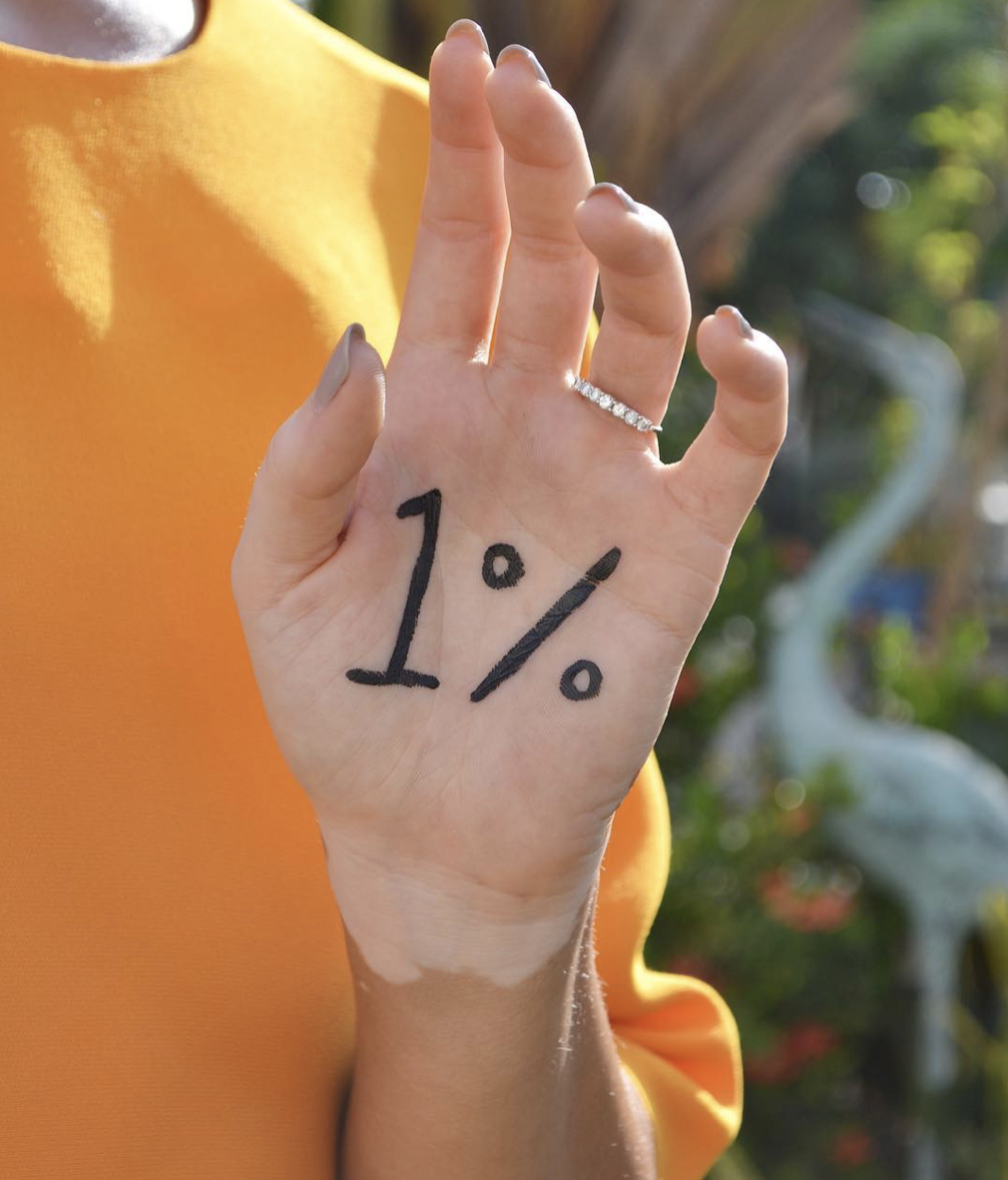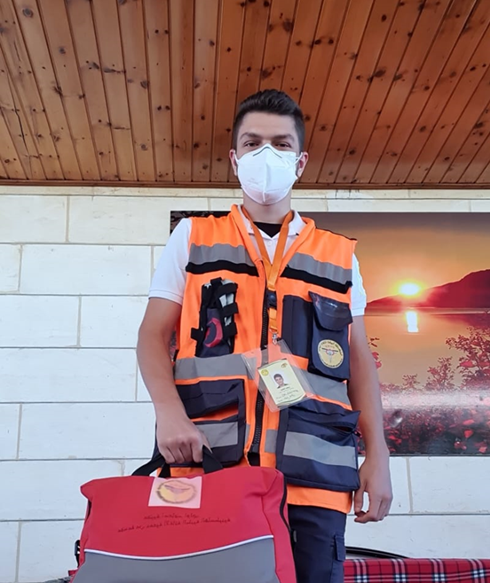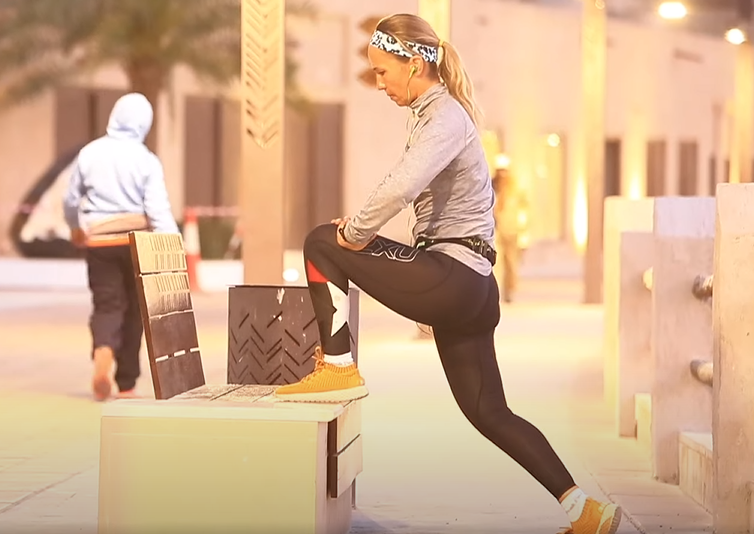How Hashtags Fight Negative Body Image on Social Media

image from @adappledlife instagram page referring to the 1 percent of the world's population that has vitiligo.
Much has been said about how social media platforms may affect people’s body image by enforcing certain aesthetic forms that could possibly damage their self-esteem. Some users are now attempting to break down the stigma.
Proof to that is the media feeds now crowded with hashtags advocating self-confidence such as #effyourbeautystandards, spanning across 4.3 million Instagram posts and counting, and #loveyourlines with 39,000 posts, just to name a few.
Hala Kazim, a social entrepreneur, author, and motivational speaker from the United Arab Emirates, spoke in an interview about the importance of social media:
Freelance journalist Radhika Sanghani, started a campaign on Twitter in 2018, with the hashtag #SideProfileSelfie to celebrate larger noses.

Since then, the hashtag has gained popularity and is used on Twitter, Instagram, and Facebook. People take pictures of themselves showing their noses with confidence in their public accounts.
Acne, rosacea, psoriasis, and eczema are some of the skin conditions showing under the hashtag #SkinPositivity. These seem to be there to counter the effects of picture-perfect skins, enhanced with technological tools such as photoshop.
Nadin Al Maskari is a U.A.E. national who documents her days, “using art to embrace my life with vitiligo,” according to her Instagram bio @adappledlife.

Through @adappledlife, Nadin wanted to “change people’s perception of vitiligo from something negative to something positive and make something beautiful out of it.” This is why Nadin takes her skin as the “canvas” and using her background in art, being an interior designer, to paint on it. She also shares her personal journey and informational posts about vitiligo in general.
What Nadin has enjoyed the most through this platform is interacting with people from all around the world, inspired by her posts to embrace their own vitiligo. “Vitiligo does not define who I am, it’s part of me,” she said. “No matter how different each person is, there is always beauty.”

referring to the 1 percent of the world’s population that has vitiligo.
Vitiligo is a rare skin condition says Dr. Souzan Al Zoubi, a specialist dermatologist at Emirates Specialty Hospital in Dubai Healthcare City. “Patches of lighter skin appear, ranging from a few spots to sometimes covering most of the body,” she said in an interview.
The skin condition is not contagious nor life-threatening, but it can cause low self-esteem, said Dr. Al Zoubi. Treatment is a personal choice but “embracing yourself is the first step to accepting any skin condition,” she said.
Habiba Khalifa, a U.A.E.-based interior designer, attended a two-week online course entitled “The Science of Well-being,” offered by Yale University about the misconceptions of happiness.
“I’ve learned that the human mind only thinks in relative terms, which is why we compare ourselves to the people around us, making social media a source of negativity,” she said. But what Habiba learned to be most interesting is that fitting into beauty standards “does not increase our happiness and overall well-being, it actually reduces it.”
Edited by: Razan Mohamed


